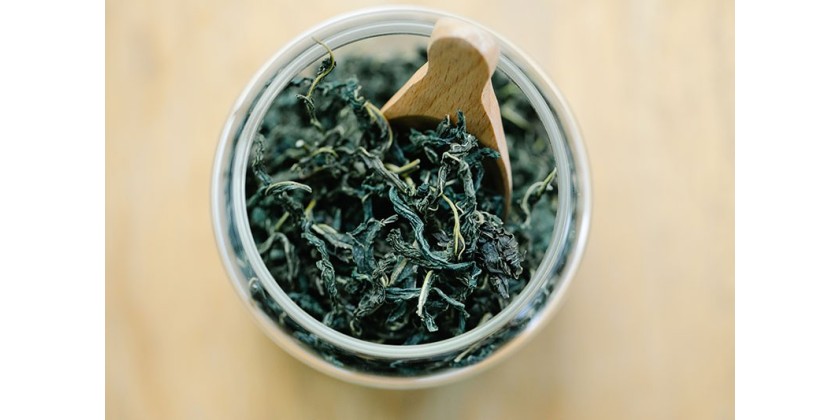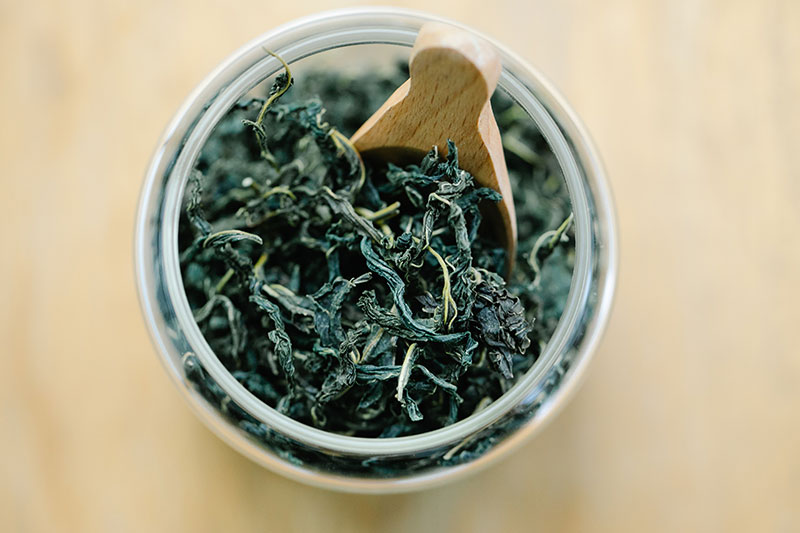
From food, drinks and medicine to cosmetics and cleaning products, expiry dates are everywhere. Tea is no exception. While some people are reluctant to use products past their expiry date, others will not think twice about what’s written next to the use by or best within date. If it smells nice and looks nice, it must be nice still. Is that true for tea? Can tea go bad?
To answer this question, let’s first see what tea is made of.
What exactly is tea?
Tea can be everything. A more classic definition is that tea is made from Camellia sinensis tea leaves. All other “teas” are tisanes, not real teas. A wider definition includes tisanes too, and anything you can brew or dissolve in water or any pre-made drink that contains real teas, fruits or herbs or tea, fruits and herbs extracts.
Although they are different, Camellia sinensis plant, fruit teas and herbal teas will have many things in common – they may all offer some kind of antioxidant activity [1] and other benefits, they will have a scent and flavor and they are all made from dried and/or processed ingredients.
Two main reasons tea drinkers choose to drink Camellia sinensis tea and tisanes is because of their potential health benefits and flavor. Unfortunately, both benefits and flavor have an expiry date.
What can go bad in tea?
Camellia sinensis tea contains catechins, caffeine, chlorophyl, amino acids, vitamins, minerals and other compounds. All tea compounds will naturally lose their potency over time and depending on storage conditions. That’s why tea should either have an expiry date or harvesting date on the packaging or in the description.
There are many other reasons tea could go bad.
It could:
- get into contact with water
- get exposed to direct sunlight or heat
- contain other ingredients that have a shorter shelf life
- get infested with bugs such as tobacco beetles or moths.
A general rule is that all teas will be good for up to one year after production, and some up to 3, 4 years. Green tea will usually have a shorter shelf life and black tea will have a longer shelf life. One interesting study showed that oolong tea may preserve its antioxidant properties 3 times longer than green tea [2]. You can read more about tea expiry dates here.

How to know when your tea is not good for drinking?
You don’t necessarily need to follow the expiry date for pure Camellia sinensis teas. You will know they “expired” by smelling the leaves and ultimately brewing them. However, if the leaves are old, their antioxidant properties may have changed. If your tea has a dusty, moldy, rancid, or just weird scent, or contains anything that’s not on the ingredients list, it may be better not to drink it.
Some teas may be more susceptible to deterioration:
- Camellia sinensis blends that contain dried fruits with a higher water content may expire sooner
- Powdered teas will lose freshness, scent, flavor and antioxidant properties faster than loose leaf tea
- Pure fruits teas with fruit chunks may deteriorate faster
- Fruity/herbal blends may be more prone to attracting certain types of bugs.
On the other hand, some teas may last longer than others:
- When stored properly, pu’erh tea will last for years or decades
- Tea in unopened, sealed packages will probably taste good even if it’s expired – but drink it within a few months of opening
- Genmaicha is likely to stay fresh longer than sencha
- Bugs are more likely to stay away from pure Camellia sinensis tea.
So, should you worry about expiry dates at all?
Yes, and no. Unless you bought tea that’s already near its expiry date, a more important date to keep in mind may be the date of purchase.
You can follow these simple rules:
- Keep tea unopened and sealed in original packaging until you decide to drink it.
- To enjoy the best benefits and flavor, drink it within 2-6 months after opening.
- If enjoying the potential health benefits is the most important aspect of drinking tea for you, drink it within the first three months.
- If it’s past the expiry date, but looks, smells and tastes like it should, it’s likely good.
- If it’s not past the expiry date, but looks suspicious and smells moldy or rancid, don’t drink it.
In the end, every cup of tea should be a tasty one, regardless of its expiry date.



Leave a Reply Cancel Reply